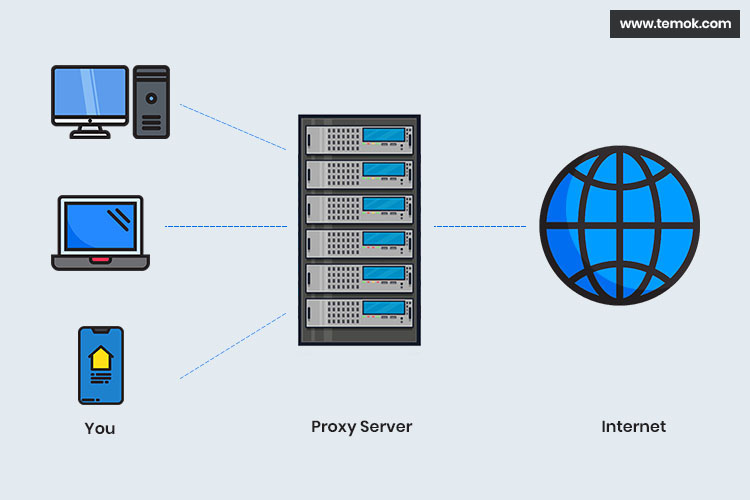Choosing between a VPN and a proxy for web scraping involves understanding the distinct functionalities, benefits, and limitations of each. This guide will delve into the specifics to help you make an informed decision for your web scraping needs.
VPNs for Web Scraping
Overview
A VPN (Virtual Private Network) encrypts your internet connection, masking your IP address to make it appear as though you're accessing the web from a different location. This level of privacy and security is essential for bypassing geo-restrictions and maintaining anonymity online.
Benefits
- Enhanced Security: VPNs encrypt your data, offering a higher level of security compared to proxies. This is crucial when scraping websites over unsecured or public Wi-Fi networks.
- Global Server Access: With a VPN, you can choose from a wide range of global servers, allowing you to bypass geo-restrictions effectively.
- Simplicity and Ease of Use: Setting up and using a VPN is straightforward, often requiring just a few clicks to connect to a server in another location.
Limitations
- Cost: VPN services usually come at a monthly or yearly subscription cost, which can be a significant factor for large-scale scraping projects.
- Speed Reduction: The encryption process can slow down your internet connection, potentially reducing scraping efficiency.
Proxies for Web Scraping
Overview
A proxy server acts as an intermediary between your computer and the internet. It allows you to mask your IP address and location, making it seem as if the requests to the target website come from the proxy server.
Benefits
- Cost-Effectiveness: Proxies, especially shared ones, can be more cost-effective than VPNs, making them suitable for large-scale web scraping projects.
- Speed: Since proxies do not encrypt data, they can offer faster speeds than VPNs, which is advantageous for scraping large amounts of data quickly.
- Scalability: With a proxy scraper, you can rotate between numerous IP addresses, significantly reducing the risk of being blocked by target websites.
Limitations
- Security: Proxies do not encrypt your data, which might pose a security risk, especially when handling sensitive information.
- Reliability: Free or low-quality proxies can be unreliable, often resulting in failed requests or slow response times.

Making the Choice
Factors to Consider
- Budget: VPNs generally require a subscription, while proxies can vary in price. For extensive scraping operations, proxies might offer a more cost-effective solution.
- Security Needs: If security is a paramount concern, especially over public or unsecured networks, a VPN's encryption might be necessary.
- Scraping Scale and Speed: Proxies may provide better efficiency and speed for large-scale scraping projects due to their lack of encryption overhead.
Conclusion
Both VPNs and proxies have their place in the toolkit of a web scraper. The choice between the two depends on the specific requirements of your project, including budget, security needs, and the scale of your scraping operation. For projects that demand high security, VPNs are preferable, whereas proxies, especially with a proxy scraper, offer a more flexible and cost-effective solution for large-scale data extraction tasks.
